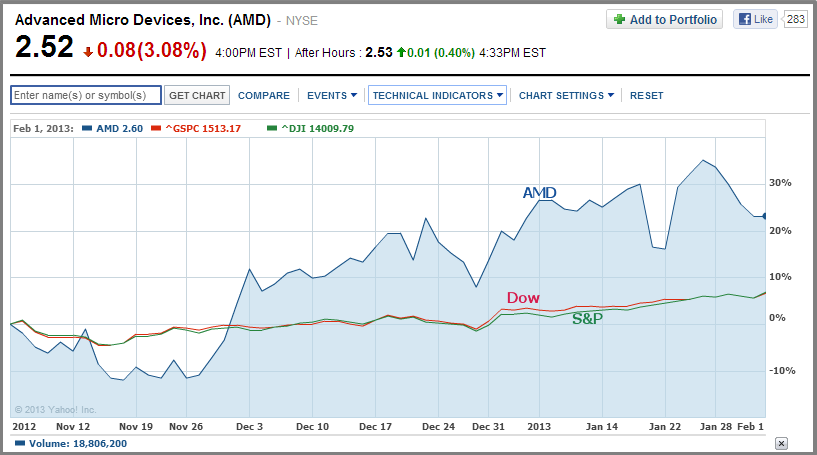- Favorable Catalysts (Continuing from: "Is GE Stock a Buy, Sell or Hold? 2013 Valuation & Technical Analysis")
Over the years, GE has built a strong global network of offices and partnerships that provide it great insight into local economic conditions. Using market intelligence from this network to capitalize on favorable opportunities, as soon as they arise, is a great asset for GE. The company has also moved heavily into the renewable energy business, especially Wind and Solar. Once again, using its existing capabilities in the electric power infrastructure business, GE is poised to take a market leadership position in this segment too. An example of this strategy paying off is the lead position GE now enjoys at the expense of arch rival Vestas Wind Systems.
With its vast war chest of cash for sustained research and development, GE has also put its sights squarely on becoming market leader in the Cadmium Telluride PV Cell area. Once again, the company has used its strategic advantages to beat long-time incumbents like First Solar (NASDAQ: FSLR) to gain the upper hand in the CdTe space. This development bodes well for GE's future.
The early closing of the NBC/Universal deal should act as a catalyst to provide GE even more capital that it can use for further accretive acquisitions, or even to return shareholder value in terms of accelerated dividend payouts or share buybacks.
The ongoing health of GE's vast portfolio of activities however continues to depend on global growth, especially in what it has identified as "Global Growth Countries" (or GGC's). By linking its future so tightly to that of GGC's, the company risks disappointing shareholders expectations should some of those regions experience unexpected economic slowdown in the coming years.
While reducing dependence on GE Capital (GEC) to fuel the company's growth is a strategy that came to fore during current CEO Jeff Immelt's term in office, skeptics question whether accelerating that break is the right way to go, especially when many of GE's rivals are industrial conglomerates that also have healthy financial service components.
[newsletter2][/newsletter2]
- Bottom Line Conclusion
With its vast tentacles in so many diverse segments of the economy, some analysts look at conglomerates like GE as being less of a "company" and more of a hedge fund. If one segment of the company's business doesn't do well, some others will be there to prop the company up.
Based on this outlook, we believe that GE should continue to electrify its shareholders in the coming years. We would therefore rate it as a BUY on weakness.
SERIES:
- Series 1 of 3: GE Stock – Value Proposition for Investors (Fundamental Analysis)
- Series 2 of 3: Is GE Stock a Buy, Sell or Hold? 2013 Valuation & Technical Analysis
- Series 3 of 3: Favorable Catalysts that make GE Stock a Buy (2013 Buy or Sell Analysis)
(By: Monty R. – MarketConsensus News Contributor)







